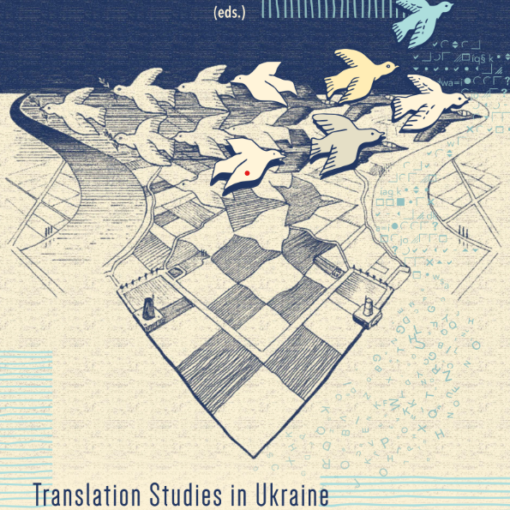The paper explores the serialised novels and stories in the two leading Estonian daily newspapers, Päewaleht and Postimees, the majority of which were translations. The approach, combining book and translation history, is driven by the two issues debated in the media in 1900–1940: the desire to distance from the dominant German and Russian cultural influences and search for a new orientation; the categories of literature serialised in newspapers including the proportion of popular literature (genres like mystery, thrillers, romance, etc.) and the concern of intellectuals about its growth. The study uses the years 1906–1911 and 1928–1933 as a sample for content analysis of the feuilleton sections of the two newspapers in order to examine the changes in source literatures and the category of literature. The results demonstrate that German literature still dominated the serialised fiction translations at the beginning of the century, although many other literatures were used as sources. In the independent Republic of Estonia, in the 1920s and 1930s, Anglo-American literature occupied the leading position in accordance with the general cultural orientation. Still, German had not become marginal, and the range of other source literatures was quite diverse. The proportion of popular literature, mystery novels, and romance above all, started to increase in Päewaleht since 1906, becoming dominant in the 1920s and 1930s. Postimees also started to include some mystery and thriller novels in the selection, but in general, remained true to its preference for literary fiction. Thus, the agency of the Editors-in-Chief and editorial boards can be seen in the choice of works. The overall abundance of translated popular fiction in the book market and periodicals caused the protests of writers and educational circles that culminated with the suggestion to introduce a translation tax, which was, however, abandoned.
You may also like
“Translation Studies in Ukraine as an Integral Part of the European Context” edited by Martin Djovčoš (Matej Bel University), Mária Kusá (Comenius […]
The chapter “Russian Literature in Estonia between 1918 and 1940 with Special Reference to Dostoevsky” gives a survey of translations from Russian […]
Maris Saagpakk and Marianne Laura Saar’s article „Widerspiegelung der Mehrsprachigkeit des historischen Baltikums in den ‚Briefen eines baltischen Idealisten an seine Mutter‘ […]
In the recent publication by Tartu University Press, Dialogues with Peeter Torop. Festschrift in Honour of Peeter Torop’s 75th Birthday, Daniele Monticelli […]

